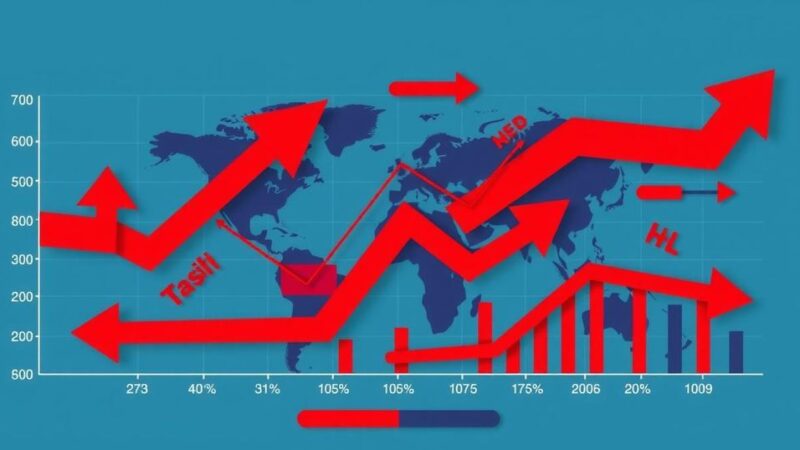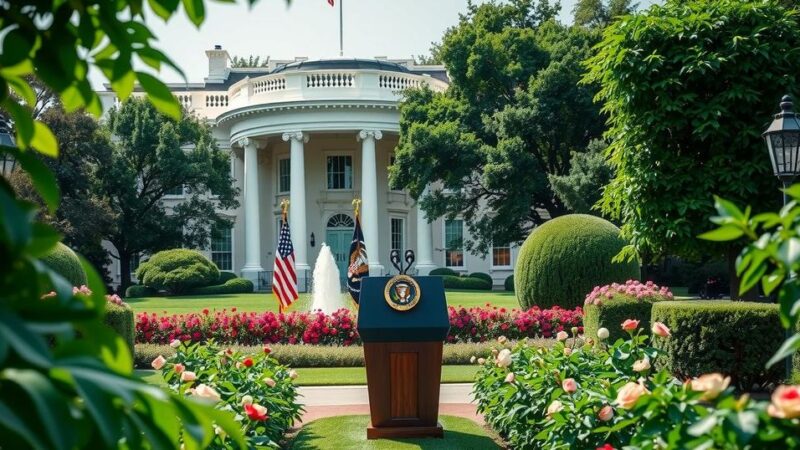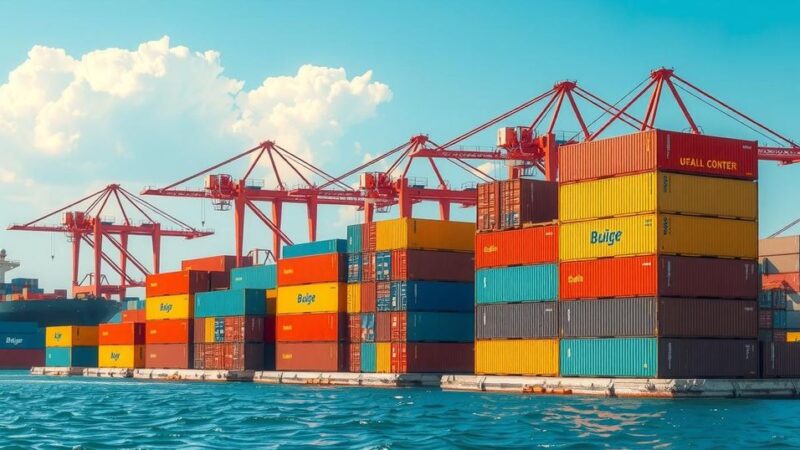Pierre Poilievre supports Canadian LNG exports, arguing for their necessity despite market saturation and environmental risks. However, experts highlight declining demand in key markets like Japan and Europe, as they transition to renewable energy. The Canadian government’s past investments in LNG projects contrast with the pressing need for clean energy solutions, raising questions about the viability of expanding LNG initiatives.
Pierre Poilievre, the leader of Canada’s Conservative Party, advocates for strong support of liquefied natural gas (LNG) exports, despite economic uncertainties and environmental concerns. In a recent podcast, Poilievre questioned the logic behind Canada importing oil while possessing vast energy resources, suggesting that political hurdles prevent the export of natural gas to markets, including Germany and Japan, which, according to them, are desperate for energy. Yet, experts indicate that the LNG market faces substantial challenges, with demand decreasing and nations prioritizing renewable energy sources over gas.
The discourse around LNG exportation often oversimplifies governmental involvement, as the Trudeau administration has supported certain LNG initiatives but resisted funding them through public subsidies. Critics argue that significant investments in new LNG infrastructure would be required to make Canadian gas competitive on the European market, especially as the demand declines amid a transition towards renewable energy sources in both Japan and Europe. Reports reveal a steady reduction in gas usage in Europe due to the European Green Deal, indicating a long-term decline for fossil fuels.
Poilievre’s assertions regarding Germany’s demand for Canadian LNG clash with feedback from German officials who have shown limited interest in sourcing gas from Canada. They express a preference for green hydrogen rather than fossil fuels, revealing a lack of substantial market viability for Canadian LNG in Europe. Furthermore, while promting an LNG policy, both Poilievre and his supporters largely ignore the trend where Asian countries are moving towards renewable energy rather than transitioning to gas.
Proponents of Canadian LNG often cite its potential to help countries like India reduce coal reliance, yet this notion overlooks the environmental costs of producing LNG and the extensive investments required to switch power plants from coal to gas. Recent findings from the International Institute for Sustainable Development warn that utilizing LNG would divert resources from necessary clean energy solutions and complicate Canada’s climate commitments. The argument poses Canada as an energy superpower while neglecting serious economic and environmental concerns, notably emphasizing Poilievre’s minimal regard for climate action in his political tenure.
In conclusion, Pierre Poilievre’s advocacy for expanding Canadian LNG exports raises significant economic and environmental questions. Expert opinions reveal that the push for LNG is economically impractical and at odds with global energy trends favoring renewable solutions. Additionally, the increasing urgency of climate commitments and the declining demand for fossil fuels necessitate a reevaluation of nuclear energy and renewables, distancing Canadian politicians from a fossil fuel-centric approach. The reality of expanding LNG exports presents formidable challenges that cannot be ignored.
The discussion surrounding liquefied natural gas (LNG) involves complex economic, environmental, and political dimensions. As demonstrated by Pierre Poilievre’s recent statements, there is a push among some Canadian political leaders to expand LNG exports despite growing evidence that such an initiative may be economically unfeasible in the long term. Significant market changes and a shift towards renewable energy sources globally juxtapose this advocacy, raising concerns about the sustainability and viability of Canada’s LNG strategy.
In summary, while Pierre Poilievre champions the expansion of Canadian LNG, the prevailing evidence suggests that this approach is fraught with economic challenges and environmental repercussions. The global energy landscape increasingly favors renewables over fossil fuels, indicating that reliance on LNG may hinder Canada’s climate obligations and exacerbate the existing market saturation. A critical reassessment of the strategy to promote LNG is necessary to align with the pressing demand for sustainable energy solutions.
Original Source: www.desmog.com





